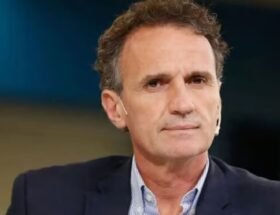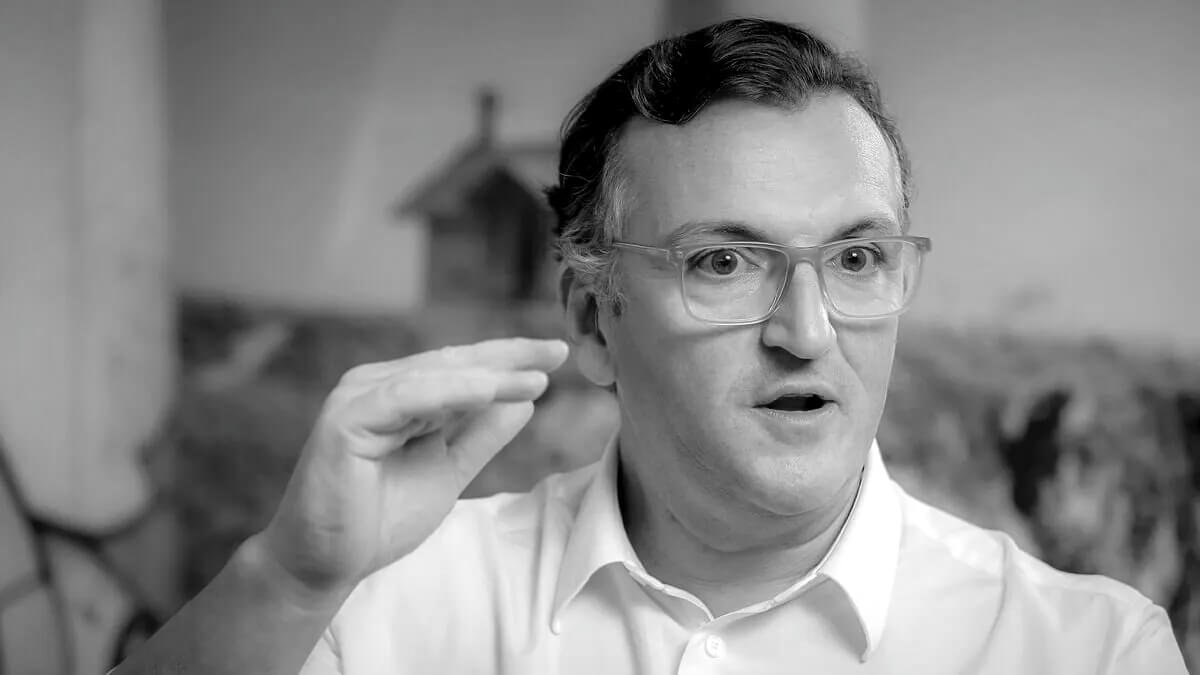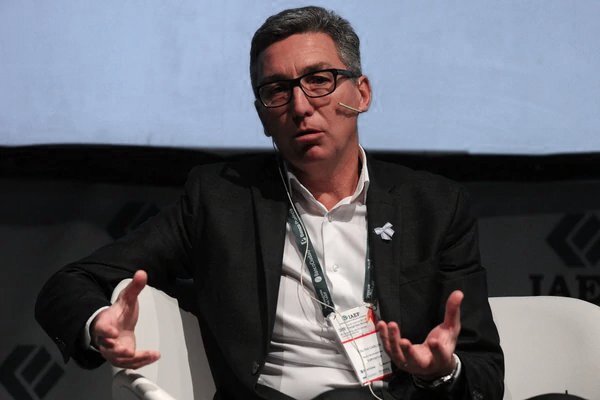
Mara Brawer

Mara Brawer es psicóloga, educadora y dirigente política argentina con una extensa trayectoria en inclusión escolar y políticas de convivencia. Ocupó cargos clave en la gestión pública y fue autora de leyes que transformaron la vida escolar, como la Ley de Convivencia Escolar y la de Centros de Estudiantes. Su liderazgo combina visión pedagógica, herramientas de mediación y enfoque institucional.
Formación y primeros pasos en el sistema educativo
Mara Brawer se formó como psicóloga en la Universidad de Buenos Aires. Desde sus primeras experiencias laborales se vinculó con el sistema educativo, aplicando herramientas clínicas al análisis de conflictos escolares. Su mirada se construyó desde la práctica institucional, con énfasis en cómo las relaciones de poder impactan en la experiencia educativa de niños y adolescentes.
Una visión basada en la inclusión y el diálogo
El enfoque de Brawer fue consolidándose en torno a la inclusión escolar como eje transversal de las políticas públicas. Su paso por escuelas públicas, equipos de orientación y programas de acompañamiento le permitió detectar patrones de exclusión simbólica y material. Frente a ellos, propuso marcos que priorizan la palabra, la mediación y el trabajo colectivo como pilares de una convivencia más justa.
Gestión pública y liderazgo estratégico
A partir de su nombramiento como subsecretaria de Educación en la Ciudad de Buenos Aires, Brawer comenzó a delinear una política que articulaba salud mental, educación y derechos humanos. Ya en el Ministerio de Educación nacional, a cargo de la Subsecretaría de Equidad y Calidad Educativa, impulsó líneas que resignificaban la autoridad escolar sin caer en lógicas punitivas. Su estilo de gestión priorizó la escucha activa.
Promotora de marcos normativos transformadores
Desde el Congreso, como diputada nacional, Brawer impulsó leyes fundamentales para garantizar entornos educativos democráticos. Una de sus principales iniciativas fue la creación de un marco legal para la convivencia escolar, que brindara herramientas reales a docentes y equipos directivos frente a situaciones de conflicto. Su visión legislativa siempre estuvo ligada a procesos formativos con docentes, familias y estudiantes.
Participación estudiantil como construcción democrática
Otra línea estratégica en su trayectoria fue el impulso a la participación real de los estudiantes en las decisiones escolares. Brawer promovió normativas que reconocieran los centros de estudiantes como instancias legítimas y necesarias para el desarrollo ciudadano. Esta agenda fue acompañada por programas de formación en derechos, convivencia y resolución de conflictos, con fuerte anclaje territorial.
Pensamiento pedagógico y producción intelectual
Además de su trabajo institucional, Brawer desarrolló un pensamiento pedagógico basado en la experiencia concreta de los equipos escolares. Participó en publicaciones colectivas orientadas a repensar la autoridad docente, el rol de la escuela ante la violencia social y la construcción de climas institucionales saludables. Su enfoque articula psicología, política pública y pedagogía crítica, sin tecnicismos vacíos.
Influencia en el diseño de políticas públicas
Su capacidad para traducir problemáticas escolares en políticas públicas concretas le otorgó legitimidad entre referentes de distintas provincias. La creación de programas federales vinculados a la convivencia, la mediación escolar y la inclusión de sectores vulnerables marcó un hito en la forma de gestionar el sistema educativo. Su estilo se caracteriza por tender puentes entre actores que suelen operar aislados.
Liderazgo femenino en escenarios complejos
Mara Brawer es también una figura destacada del liderazgo femenino en la política argentina. Su trayectoria rompe con modelos verticalistas y propone un modo de conducción horizontal, cooperativo y vinculado a lo comunitario. Este enfoque no solo redefinió agendas dentro de los ministerios, sino que permitió formar nuevas generaciones de líderes escolares sensibles a la diversidad y la escucha activa.
Un legado que sigue vigente
Aunque ya no ocupa cargos legislativos, Brawer continúa activa en espacios de formación, reflexión pedagógica y diseño de políticas. Su influencia se refleja en marcos institucionales vigentes, prácticas escolares renovadas y redes de trabajo colaborativo entre docentes, estudiantes y equipos de gestión. Su recorrido es referencia obligada para quienes piensan una escuela más inclusiva y menos desigual.









